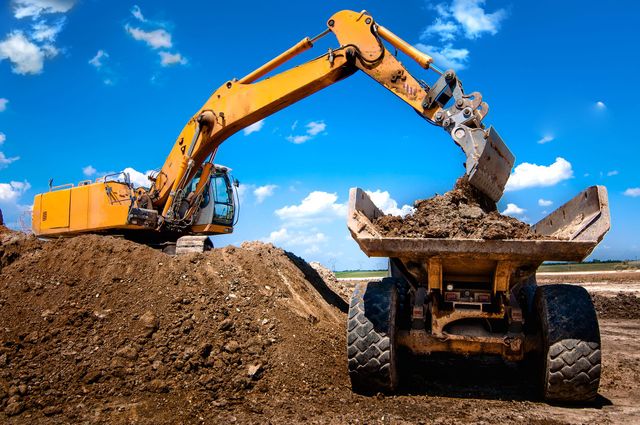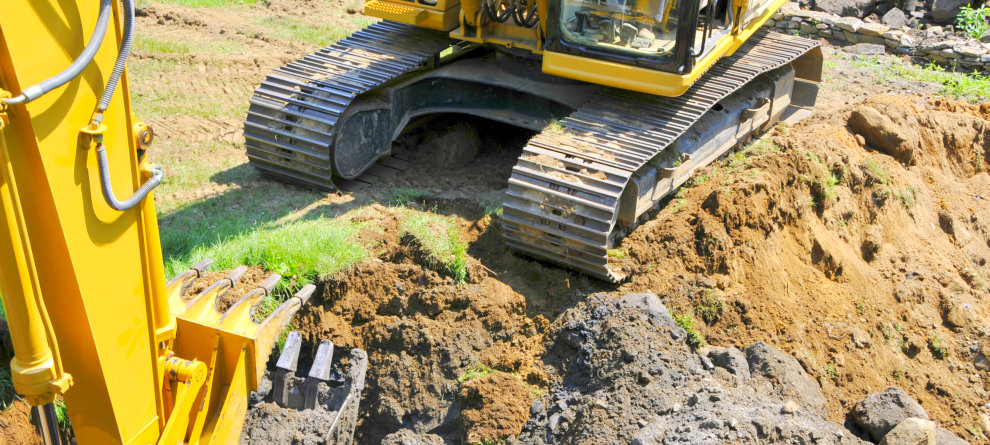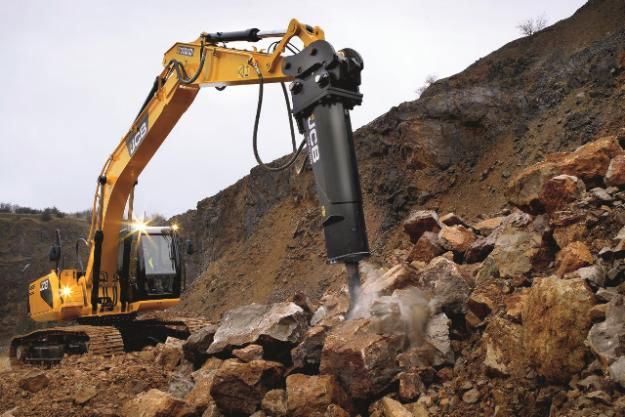Septic Ohio - Comprehensive Septic System Solutions in Ohio
Septic Ohio - Comprehensive Septic System Solutions in Ohio
Blog Article
Comprehensive Excavation Methods: Understanding the Basics for Success
In the realm of construction and civil engineering, the relevance of reliable excavation techniques can not be overstated. The cautious preparation, exact implementation, and meticulous focus to detail required in excavation projects demand a comprehensive method that incorporates various fundamental aspects. From preliminary dirt analysis to the implementation of safety and security actions and routine progression surveillance, mastering these core elements is important for accomplishing success in any type of excavation undertaking. Nonetheless, the true proficiency lies not merely in comprehending these basics however in seamlessly incorporating them to browse the intricacies of excavation projects with finesse.
Recognizing Excavation Project Preparation

The first phase of any type of excavation task is the preparation phase, where vital choices are made that can considerably affect the result of the project. Comprehending the job scope, spending plan, and timeline restraints is vital for developing a comprehensive excavation plan that ensures the job's success.
One trick facet of excavation task planning is the development of a thorough timeline that describes the series of milestones, tasks, and deadlines. This timeline functions as a roadmap for the task team, allowing them to track progression and make essential changes to ensure the task remains on timetable. Furthermore, a distinct budget that accounts for all expenditures, including equipment leasing, labor costs, and materials, is important for preventing expense overruns and delays. By very carefully taking into consideration all these elements during the planning phase, excavation jobs can be executed effectively and properly, resulting in successful results.
Soil Evaluation and Website Evaluation
Carrying out comprehensive soil evaluation and site evaluation is an essential action in the preparation stage of any type of excavation job. Soil evaluation involves figuring out the structure, framework, and residential or commercial properties of the soil at the excavation site. This information is important for recognizing the dirt's bearing capacity, dampness content, and potential for erosion, which are crucial elements in identifying the excavation methods and tools required for the job.
Site assessment surpasses soil evaluation and includes a more comprehensive evaluation of the general website conditions. This evaluation includes recognizing any kind of prospective threats, such as underground utilities, environmental problems, or unpredictable surface, that can impact the excavation process. By completely examining the website, task supervisors can develop reliable excavation strategies that prioritize security, efficiency, and environmental management.
Using innovative modern technologies like ground-penetrating radar, soil tasting, and drone surveys can enhance the precision and performance of soil evaluation and site analysis. Investing time and sources in these initial actions can ultimately conserve time and prevent costly delays or problems during the excavation procedure.
Equipment Option and Use
Reliable excavation tasks rely greatly on you can try this out calculated tools selection and utilization to ensure ideal efficiency and performance. Selecting the appropriate devices for the job is essential in maximizing efficiency and minimizing downtime. Factors such as the kind of dirt, deepness of excavation, and task extent play a substantial function in determining one of the most ideal devices for the task available.

In enhancement to choosing the proper equipment, appropriate utilization is key to job success. Operators needs to be educated to deal with the devices securely and successfully - dump truck companies in ohio. Routine upkeep checks and prompt repair services assist stop malfunctions and make sure constant efficiency throughout the task
Precaution and Rules Conformity
In the realm of excavation projects, prioritizing safety and security measures and compliance with laws is critical to ensuring a lawfully audio and secure operational setting. Security procedures incorporate a series of practices, consisting of conducting extensive site assessments, applying appropriate signs and barriers, and providing ample safety training for all personnel associated with the excavation process. Adherence to guidelines, such as OSHA demands in the United States, guarantees that the excavation project fulfills the required criteria from this source to protect workers, spectators, and the surrounding environment.

Tracking Progression and Adjusting Strategies
Just how can forecast managers effectively track the improvement of excavation jobs and adapt their strategies appropriately to optimize end results? Surveillance progression is vital for making certain that excavation jobs remain on track and meet due dates. Job managers can utilize numerous devices and strategies to track development, such as daily progression reports, regular site inspections, and advanced surveillance innovations like drones and GPS tracking systems. By constantly monitoring the job's innovation, managers can recognize any kind of potential delays or concerns at an early stage and take proactive actions to address them.

Conclusion
Finally, mastering the fundamentals of thorough excavation methods is important for the success of any job. By understanding project preparation, examining dirt and site problems, selecting ideal devices, complying with safety and security guidelines, and keeping track of progress, task managers can guarantee a smooth and efficient excavation process. Implementing these strategies will result in effective results and minimize prospective risks or problems throughout the excavation job.
The first stage of any type of excavation project is the preparation phase, where important decisions are made that can substantially impact the result of the job. Comprehending the project scope, budget plan, and timeline restraints is essential for developing a comprehensive excavation plan that makes sure the task's success.
Exactly how can forecast managers successfully track the advancement of excavation jobs and adjust their strategies accordingly to enhance results? By very closely monitoring progress and being eager to adjust strategies, project supervisors can enhance the general success of excavation jobs.
By comprehending job preparation, analyzing dirt and site conditions, choosing proper devices, conforming with security guidelines, and checking progression, job supervisors can make sure a smooth and efficient excavation procedure.
Report this page